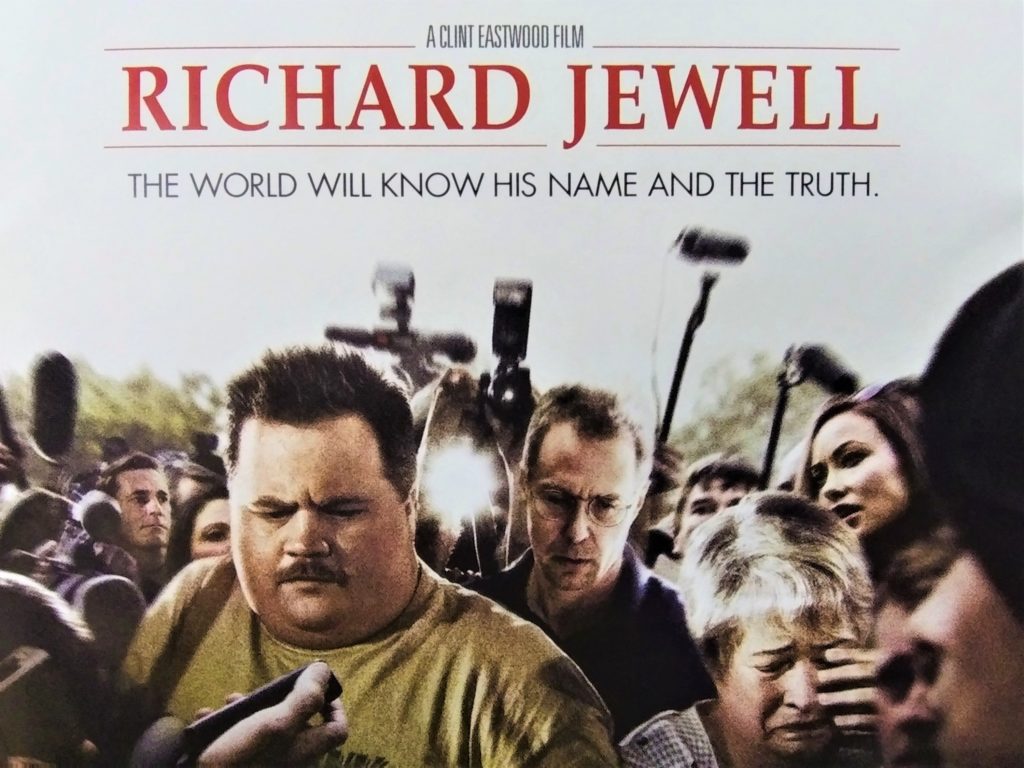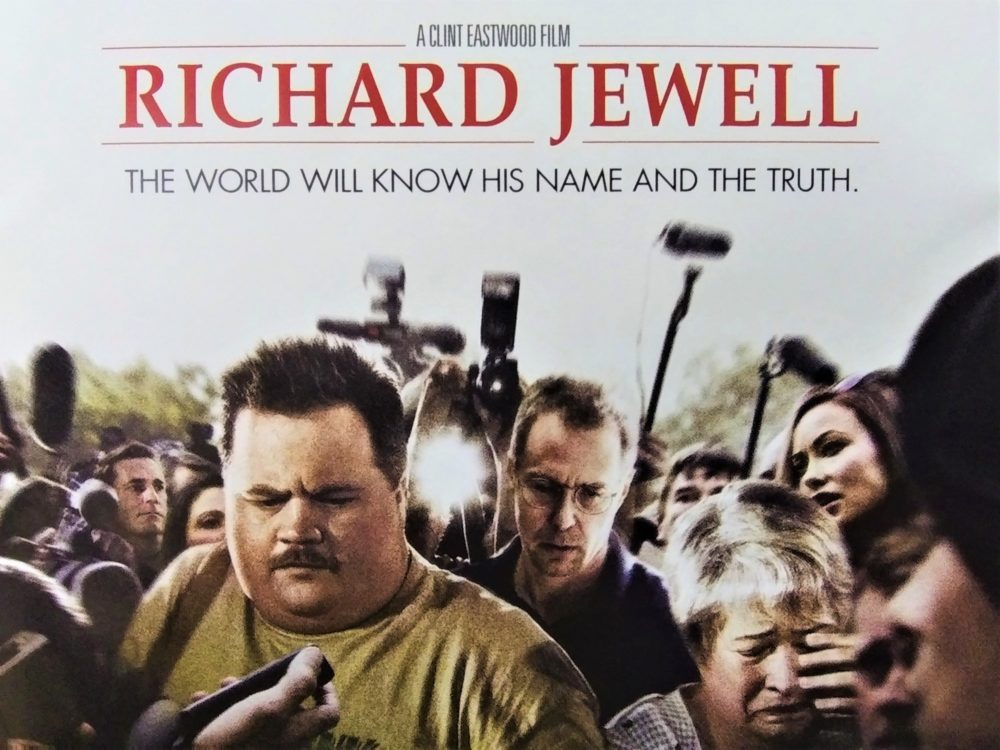How does the film stack up to the book?

Poor, hasty reporting turned a hero into a villain in ‘Richard Jewell’.
During the 1996 Summer Olympics in Atlanta, Georgia, security guard Richard Jewell discovered an olive green backpack under a bench and warned the authorities suspecting it to be a bomb case. His actions saved over 150 people, though he did not consider himself a hero.
However, incomplete information printed in the papers as well as heavy-handed FBI investigations painted this hero as a villain in the eyes of the media and made his life a living hell.
The book
This film is based largely on “The Suspect” by Kent Alexander and Kevin Salwen. Jewell was born in Danville, Virginia after his mother suffered three miscarriages before his birth and two separations shortly after.
Jewell grew up with few friends who encouraged him to follow his dream of one day being a cop, inspired by crime shows on television.
Jewell worked as a roadside deputy until, inspired by Tom Cruise’s “buzzing” move-in “Top Gun,” he played a traffic prank on the sheriff. The prank resulted in the destruction of both their vehicles and his status. (At least he wasn’t inspired to do anything by Cruise’s “I’m a Scientologist” video).
Jewell then acquired a security officer position for the Olympics in Atlanta. It was here that he saved lives via his warning of the suspicious baggage left by terrorist Eric Rudolph. The explosion wounded hundreds but killed only two.
Acquiring information from an unnamed source, impetuous reporter Kathy Scruggs’s article listed Jewell as a suspect. This article caused a snowball of bad publicity from the media and a convicting investigation spearheaded by FBI officer Don Johnson who believed Jewell was guilty.
FBI swarmed Jewell’s home while the media tarnished his reputation for 88 days, calling him insensitive epithets such as “Blob-man” regarding his weight and labeling him “gay” since he was unable to attract women, much to his disapproval. Through this, Jewell remained strong and, eventually, with the help of his attorney and friend Watson Bryant, Jewell’s name was cleared and he was exonerated.
I immensely enjoyed this book as it was a feast of information that explained everything in a straightforward and understandable fashion. With no dull moment in sight, it was grueling to read of how a good man was crucified for a crime people supposed he committed.
This book is a testament to how cruel the frontier justice of the media and confirmation bias can be. All can be summarized in Jewell’s statement during his exoneration, “You know my name, but you do not really know who I am.”
The film
Directed by Clint Eastwood, who has made a string of Oscar-bait projects over the years (despite the 2017 Academy being more willing to give the award to bestiality garbage over good films of real heroes,) this film follows the facts closely, flawed in some areas but excelling in most.
The direction and performances from all involved are revolutionary, especially Paul Walter Hauser’s heartbreaking performance of the confused and emotionally lost Jewell and Kathy Bates’ powerhouse presentation as his loving mother, Bobbi.
Eastwood specializes in making films of stories he believes should be heard instead of movies the audience would rather see, and that is what makes his work so innovative.
This is a story that needed to be told, for upon seeing it, I realized that I needed to be shown the possible dark side of positions I hope to have someday. As a student seeking the degree of Ag Communication, I have learned much from writing for the Spectrum.
One part of these things, specifically, is that you should not display absolutes (or exclamations) and must be certain of your story’s facts, as articles have more power than usually given credit for.
This film explained how a hasty headline founded on little evidence over a hot-button topic turned a man who saved lives from being hailed by the media as a hero in the morning, to a villain by the end of the same day.
One of the more controversial turns of the media is in hating what it doesn’t fully understand. Its relentless condemnation of Jewell in this film can only end in him finally standing up for himself when he realizes that he will not be forgiven for a crime he did not commit.
The victor
If I had to choose one over the other, it would be the film, as its marketing awoke me to this shocking story of conviction and the ultimate vindication of an underknown hero.
